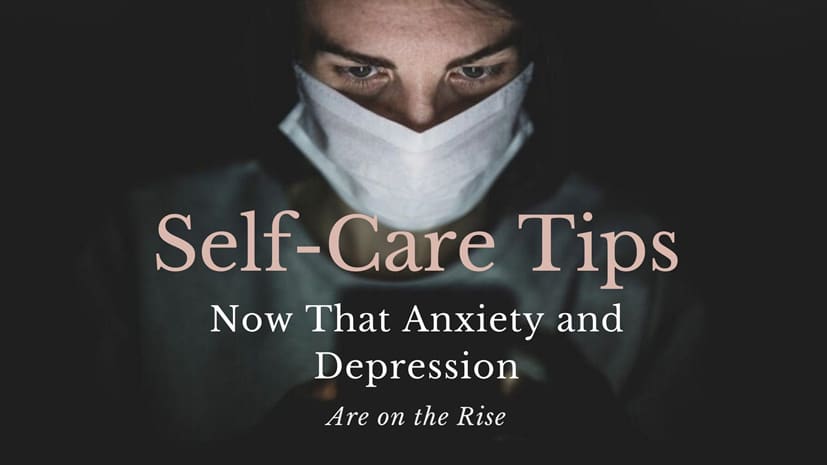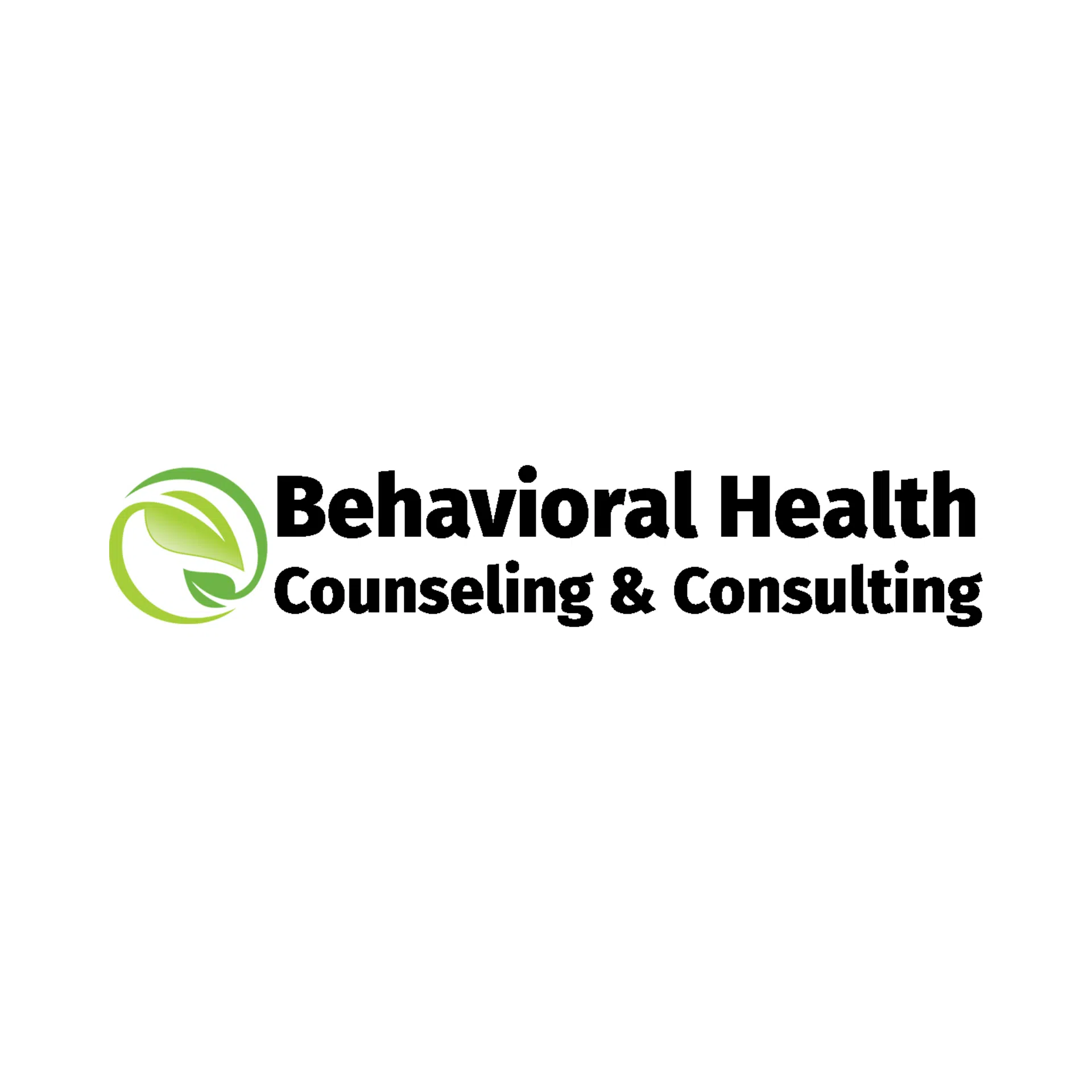There’s no way around it, we’re living in an unprecedented time. The novel Coronavirus, protests, financial strain, political uncertainty, global strife — there is A LOT going on. If you suffer from anxiety or are prone to depression, we know you might be struggling more than usual.
The Numbers Don’t Lie. You Are Not Alone
In May, mental health researchers at the World Health Organization (WHO) reported that anxiety and depression rates were increasing among specific population groups in various countries. The WHO also highlighted an urgent need for more investment into mental health care services to avert a predicted global mental health crisis in the coming months.
Then in June, the Journal of the American Medical Association released results of an April 2020 study finding that 13.6 percent of U.S. adults reported symptoms of serious psychological distress, relative to 3.9 percent in 2018. That study is considered to be the most up-to-date survey of psychological symptoms among U.S. adults since the COVID-19 outbreak.
With anxiety and depression on the rise in these uneasy times, practicing regular self-care has become ever more important as a means of coping. This month, we offer these self-care tips to help you deal with anxious thoughts and depressed feelings while we all adjust to the post-COVID-19 world.
#1. Limit Your News Consumption
Resist the urge to become a newshound, whether your go-to news source is the television, the car radio, online news sites, social media or news podcasts. While keeping up with current events is important, especially during a global health crisis or when there are community safety concerns, this can easily become an obsession. Try to limit your news consumption throughout the day, absorbing the key updates and moving on.
#2. Get Enough Exercise and Sleep
Regular exercise has been found to have a profoundly positive impact on anxiety and depression. Moving your body regularly helps improve your mood, self-esteem and cognitive function as well as your ability to cope with stressors. It can also help you sleep! Exercise and sleep often go hand-in-hand. Make sure you’re getting enough of each.
#3. Stay Connected with Family and Friends
It’s important to stay connected with your loved ones and those who offer you valuable support during these stressed times. Social distancing and wearing a mask doesn’t have to put a stop to your ability to maintain connections with family and friends. Enjoy a socially distanced outdoor outing with a friend or schedule regular Facetime or Zoom calls with your loved ones to maintain your connections and sense of belonging.
#4. Keep Track of Your Feelings and Emotions
Sometimes keeping a mood tracker or journaling about your feelings and emotions during stressful times can help you see new ways of coping. In fact, we often recommend this strategy to our clients as a method of becoming more in tune with your inner thoughts and feelings — and helping build a strong foundation for dealing with uncertainty.
#5. Reach Out For Help When You Need It
Even with the most thorough and regular practice of self-care, you might need a little more help. That’s OK! A specially trained and trusted therapist with experience in helping clients overcome feelings of anxiety and depression can help you chart a course to recovery. Don’t ever be afraid to reach out for help.
How Can We Help You Cope with Your Phase of Life Issues During These Challenging Times?
Is the state of the world making you feel anxious, depressed or generally uncertain about life? We’re glad you’re here and we want to help! We have a team of highly skilled, highly trained counseling professionals in the metro New Orleans area ready to help you face your challenges. Fill out our online contact form or give us a call anytime at 504-302-7771 to find out more about our counseling services.
- About the Author
- Latest Posts






